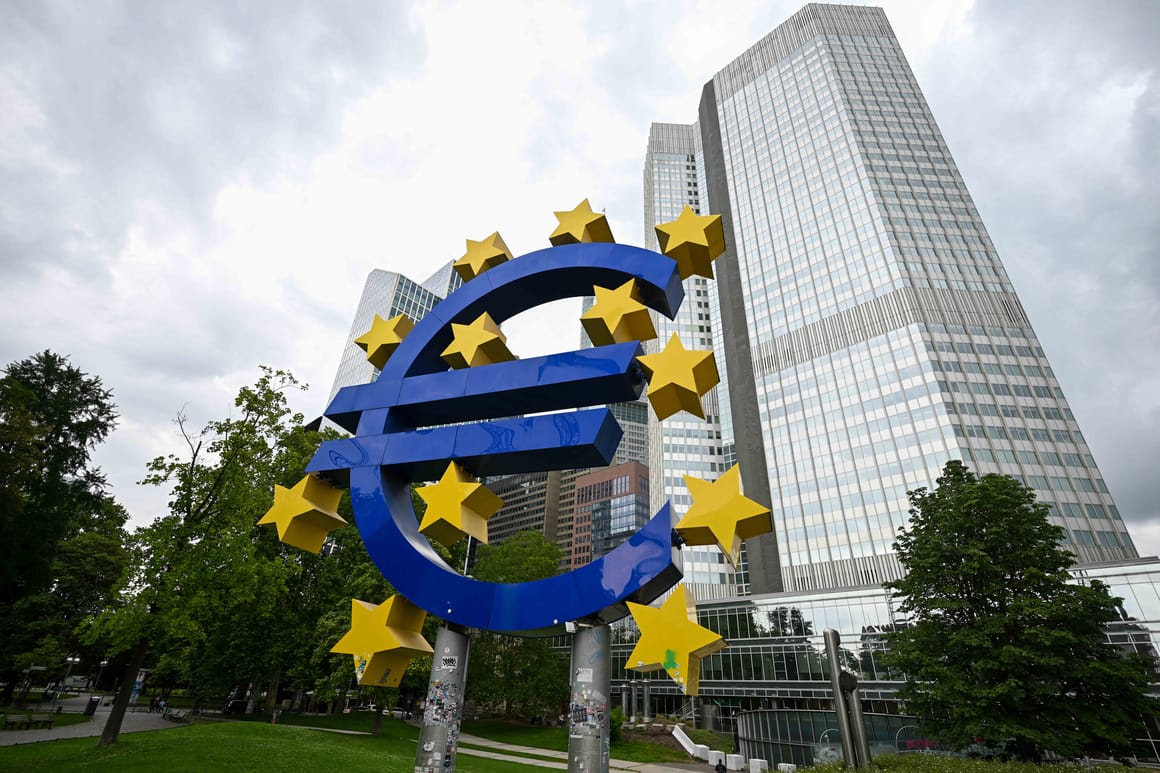The Eurozone economy recently revealed a moment of monetary stability, with headline inflation data holding remarkably steady in July. This unexpected equilibrium, where rising consumer prices for food precisely offset falling energy costs, has sparked significant debate regarding the European Central Bank’s future ECB policy on interest rates.
According to Eurostat figures released Friday, the annual headline inflation rate remained at a consistent 2 percent, mirroring June’s level and slightly exceeding analyst predictions of 1.9 percent. This sustained plateau marks a critical juncture for central bankers assessing the bloc’s financial health.
A closer look at the underlying components reveals a dynamic tension. Unprocessed food prices experienced a notable increase, rising by 5.4 percent compared to 4.6 percent the previous month. Conversely, energy prices continued their downward trend, registering a 2.5 percent year-on-year decrease, a factor providing some counter-balance to the overall inflation picture.
This latest inflation data comes on the heels of recent GDP reports indicating the Eurozone economy is performing marginally better than initially anticipated. Such positive economic signals collectively weaken the broader argument for the ECB to resume its easing cycle with further interest rate reductions, as highlighted by economic analysts.
“There was nothing in the data to suggest that the Bank will resume its easing cycle any time soon,” noted Jack Allen-Reynolds, deputy chief eurozone economist for Capital Economics, underscoring the prevailing sentiment among financial observers that current ECB policy will likely lean towards a pause.
Across the bloc, the inflation landscape presented a varied picture. Peripheral nations like Estonia (5.6 percent), Slovakia, and Croatia (4.5 percent each) observed faster price growth. In stark contrast, the three largest economies within the Eurozone economy – Germany, France, and Italy – maintained inflation rates below the 2 percent target, indicating a fragmented regional experience.
ING economist Bert Colijn commented on this unusual consistency, stating, “Two months in a row of being exactly on target is something that doesn’t happen very often.” While acknowledging that such a streak is unlikely to persist indefinitely, he suggested that the short-term inflation environment appears quite benign, further supporting a stable monetary policy outlook.
In July, ECB President Christine Lagarde had already hinted at the Bank’s inclination to hold its policy rate. This fresh reading, coupled with the recent encouraging Eurozone economy data, is poised to significantly bolster those members of the ECB’s Governing Council who advocate for a prolonged pause in interest rate adjustments, championing continued monetary stability.






Leave a Reply